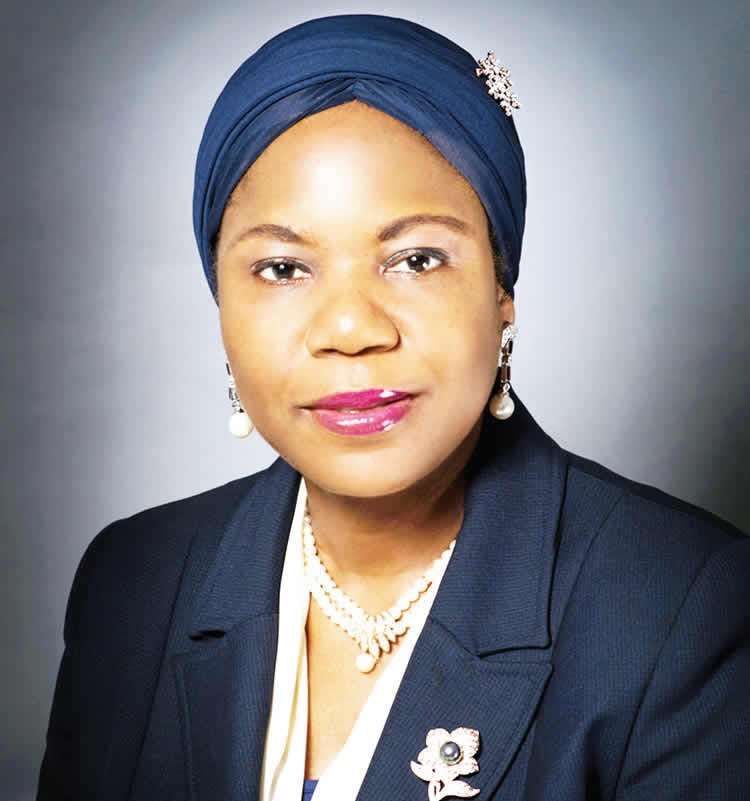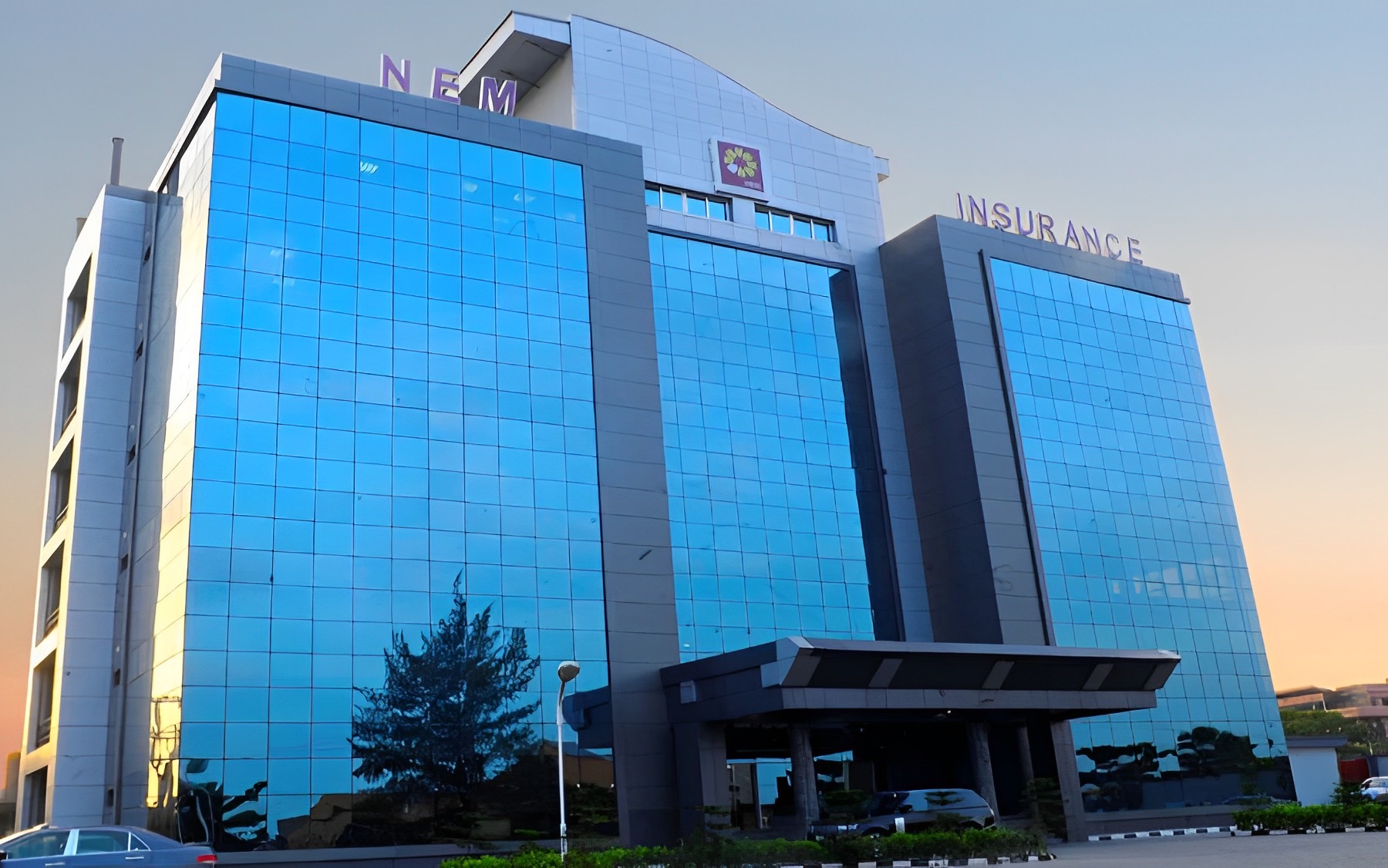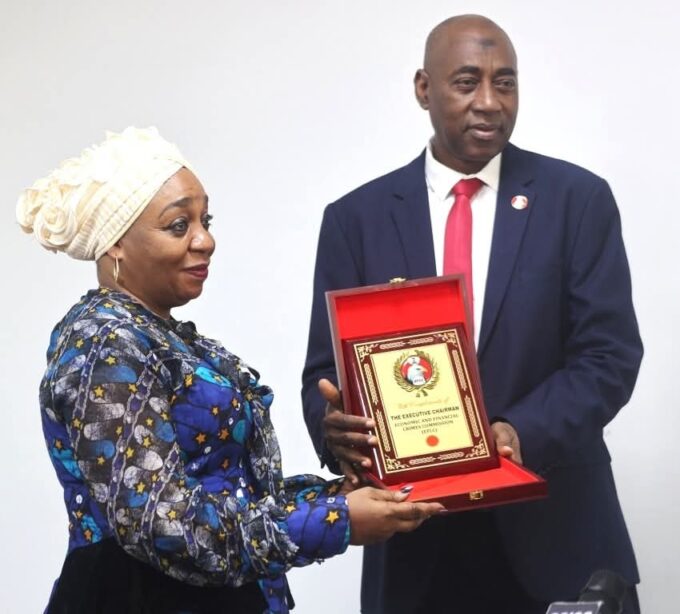Mrs Adeyinka Yinka Adekoya, MD/CEO Coronstion Insurance Plc
BY NKECHI NAECHE-ESEZOBOR–Small and medium-sized businesses (SMEs)in the country have been urged to leverage on insurance to manage their risks in time of uncertainties.
The need to embrace insurance was discussed during a Webinar section organised by Coronation Insurance Plc. in partnership with Access Bank Plc, with the Theme: ‘Managing Business Risks at a Time of Uncertainty’.
The commissioner for Insurance, Sunday Thomas, noted that bancassurance partnership was developed to assist banks depositors to secure the businesses that generate their deposits.
He tasked SMEs operators on the need to embrace insurance and not to set insurance aside while cutting cost in times of uncertainty such as COVID-19 and #EndSARS.
The Commissioner, who was represented by the Technical Assistant to the Commissioner, Taiwo Adeoye, said insurance remains the best way to keep businesses afloat amid uncertainties.
Also, the Managing Partner, Crown & Lords (Chartered Accountants), Omotayo Gbede, while delivering the theme paper: “Inflation in Nigeria and Possible Ways to Reduce Its Impacts on Your Business” identified the factors limiting the growth potential of SMEs as: Limited availability of funding from financial institutional and the government, stating that this undoubtedly slows down their growth trajectile and impedes the development of Nigeria as a truly world acclaimed economy.
He further listed high cost of credit facilities inclusive of interest rates and maintenance costs and the demand for duly registered collateral obligations; inconsistency in government policies and bureaucratic bottlenecks experienced in the administration of incentives and support facilities from all levels of government; multiple taxes as a result of levies and other tax expectations from both the State and Local Government Areas.
Other limitations according to him are lack of and/or limited infrastructures like power supply, good roads, transportation system; unavailability of local raw material; high cost of procuring machinery; import liberalization and export constraints
He maintained that Nigeria’s annual inflation rate climbed for a 14th straight month to 14.23 per cent in October of 2020 from 13.71 percent in September, stating that it was the highest inflation rate since February of 2018, amid widespread increases in prices due to the adverse effects of ongoing border closures, Covid-19 crisis, violent farm attacks and recent dollar restrictions. Main upward pressure came from food prices (17.38 percent vs 16.66 percent in September).
“Additional upward pressure came mostly from health (13.08 per cent vs 12.58 per cent); transport (12.11 percent vs 11.65 percent); clothing & footwear (11.25 per cent vs 11.02 per cent); alcoholic beverages, tobacco & kola (10.79 per cent vs 10.59 per cent) and furnishings (10.67 per cent vs10.43 per cent).
“A monthly basis, consumer prices inched up 1.54 per cent, the most since June 2017, after increasing 1.48 per cent in the previous month. This has a lot of implications for SMEs.”
He said inflation in Nigeria is caused by a myriads factors which include: Government fiscal and monetary policies including high taxation and budget deficit; rising food prices due to Pandemic and adverse weather conditions; rising fuel price; rising energy cos; worsening exchange rate; poor logistics and supply chain problem; asymmetry and opaque economy; increase in money supply by the Central Bank in a bid to stimulate the economy; national security challenges worsening state of critical infrastructure and high cost of borrowing.
He noted that inflation has a major impact on businesses especially small businesss who may not be swell equipped to cope with such phenomenum, adding that small businesses that are badly breached by Inflation are often forced to wind down.
“Inflation has several effects on all economic stakeholders be it consumers, or businesses. Rising inflation affect the value of money and act as a disincentive to saving since the value of money saved declines over time. This pushes individuals and businesses to seek investments in Real assets, rather than in monetary assets.
“With increasing inflation cost of living drops as wages and salaries will not be able to buy what they were buying before. This will lead to increased demand for increase in salaries and wages. Purchasing power will fall leading to dry-up of demand
•Real income will fall especially for those on fixed income especially pensioneers,” he posited.
According to him, what is required to boost the growth of SMEs include, provision of adequate infrastructure-good road networks, adequate power supply, good communication and health care system; elimination of multiple taxation system wherein dues and levies at the different levels of government and under different authorities are replaced with a single tax system and government encouragement through tax holidays and rebates to start-ups who have demonstrated capabilities in sourcing of local raw materials.
Dr Femi Oyetunji, Group Managing Director, Continental Reinsurance Plc, whole speaking on ‘How to manage business risks, identified top SMES business risks as, Keyman; Currency Risks; Regulatory; Property Damage; Business Interruption; Reputational Risk; Supply Chain; Cyber Risks and Fraud.
On how to manage Keyman risk, he canvassed the need for documentation of systems and processes; succession planning and keyman insurance.
For cyber risks he urged SMES to educate their staff; have good policies and procedure; use firewall; enact business continuity plan and cyber insurance.














